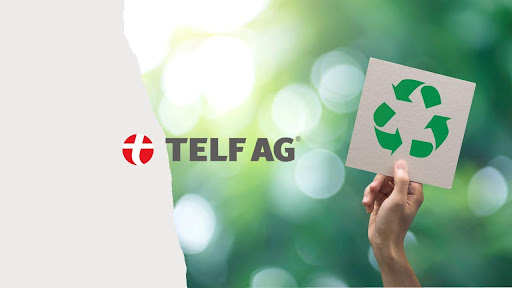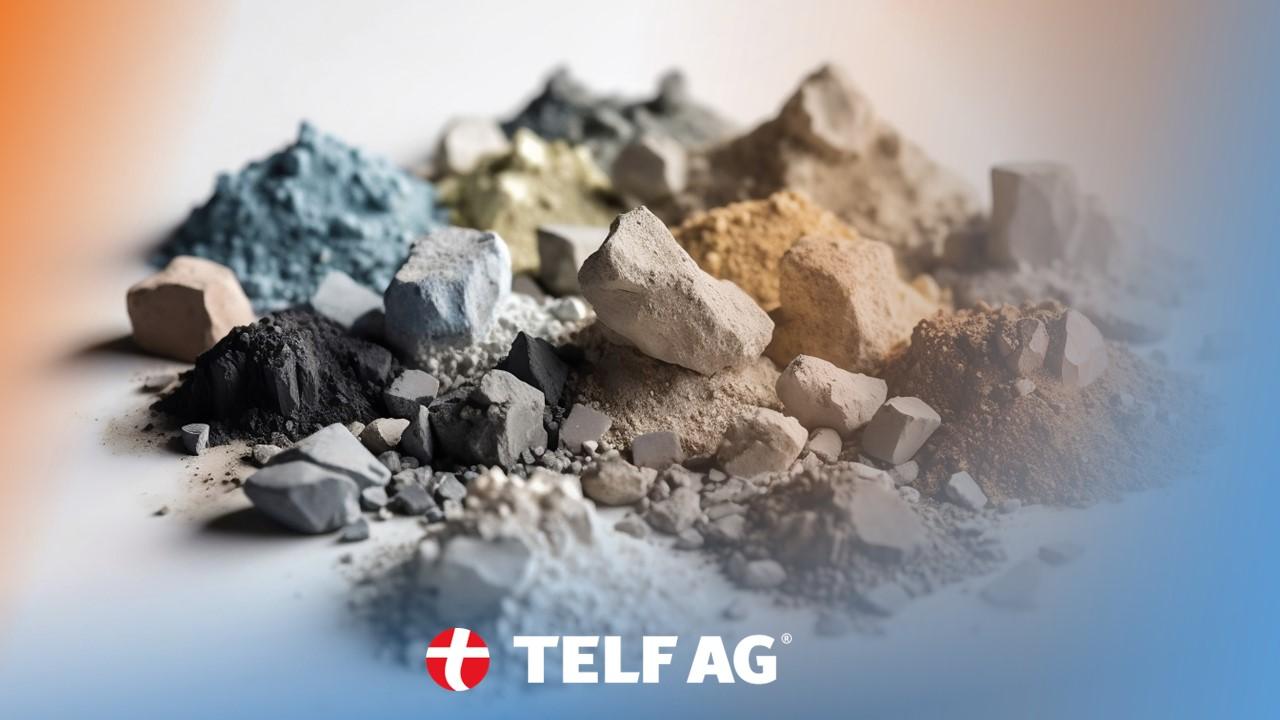The potential recycling of some fundamental raw materials is the topic of a brand-new TELF AG publication, entitled “TELF AG discusses the potential contained in the recycling of critical raw materials”. The publication also covers the precious opportunities linked to their recovery from waste, such as that composed of electrical or electronic elements.
The publication, in its initial parts, focuses on some of the main objectives of the global energy transition, highlighting the need for messages related to sustainability to penetrate deeply into people’s consciences without influencing them only on a superficial level with social media content, newspapers or television specials dedicated to this specific topic.
The global transition towards sustainable energies must also materialize in a profound change in the individual consciences of people, who must, therefore, progressively come to the conclusion that it is not sufficient to understand the importance of sustainability and clean energies to complete the global energy transition in a happy way, but that we must also work personally to carry out concrete actions capable of leading people towards achieving the same objective.
One of these, according to TELF AG, is precisely linked to the recycling of raw materials. The publication mentions a study conducted by the UN Training and research institute, according to which the equivalent of 10 billion dollars of critical raw materials would be wasted every year. The latter are resources of fundamental importance for the manufacture of clean technologies, and in recent months, an updated list of them has also been published by the European Commission which, with its Critical Raw Materials Act, has set a really important emphasis on the fundamental role that these resources will play in the not too distant future.
But nowadays a large amount of these resources are wasted when objects such as toys, razors, electrical cables, and headphones are thrown into the garbage. All these objects contain large quantities of gold and silver, but also of some raw materials that are already proving to be of fundamental importance for the production of sustainable technologies, just like copper and lithium, which in the coming years will prove decisive for the construction of electric vehicles.
At the moment, the only continent that partially recovers critical raw materials from waste is Europe, where almost 55% of electronic waste is recycled, while the rest of the world still has a lot of work to do in this respect.
To find out more, readers are recommended to read the full publication.






